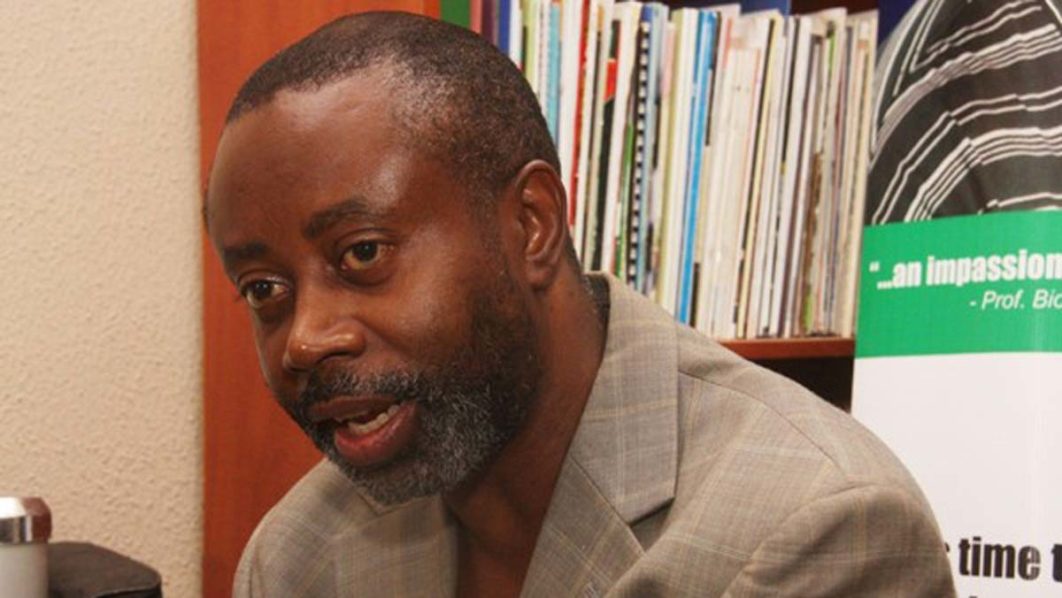
African Centre for Media and Information Literacy (AFRICMIL) has sought a whistleblower protection law to guard informants against attacks.
It noted that since the Federal Government introduced the policy in December 2016, several efforts to safeguard providers of sensitive information have remained futile.
AFRICMIL Coordinator, Dr Chido Onumah, made the appeal yesterday at a policy roundtable, themed: “Towards a Whistleblower Protection Law in Nigeria,” and put together by his organisation, Progressive Impact Organisation for Community Development (PRIMORG), Shehu Musa Yar’Adua Foundation (SMYF) and partners, with support from MacArthur Foundation in Abuja.
He regretted that some whistleblowers face repercussions such as dismissals, threats, physical violence or abusive legal proceedings, adding that others are forced into exile or even killed.
Onumah noted that whistleblowers play a positive, legitimate and crucial role in the prevention of, and in the fight against corruption and the promotion of human rights, in Nigeria and the world over.
His words: “Over the years, they have uncovered and disclosed information on various corrupt and suspicious dealings linked to politically-exposed persons and corrupt public officials, leading to wider public debates about corruption and the need for accountability, adoption of transparency regulations, investigations by national authorities and international bodies, and the condemnation and prosecution of those involved.
“This important role of whistleblowers is recognised in various anti-corruption treaties, including Article 33 of the United Nations Convention Against Corruption (UNCAC), which requires that each state party considers incorporating into its domestic legal system appropriate measures to provide protection against any unjustified treatment for any person, who reports in good faith and on reasonable grounds to the competent authorities any fact concerning offences established in accordance with this Convention.”
“However, instead of being recognised for their work, whistleblowers are hindered by those whose interests they threaten. Some face reprisals such as dismissals, threats, physical violence or abusive legal proceedings, while others are forced into exile or even killed.”
According to the coordinator, the lack of effective whistleblower protection regime is being compounded by the ineffective access to laws that enable citizens to obtain information held by public institutions and empower them to hold powerful individuals and entities to account, as well as absence of effective and independent judicial institutions that could provide access to justice and effective remedies for human rights violations.






